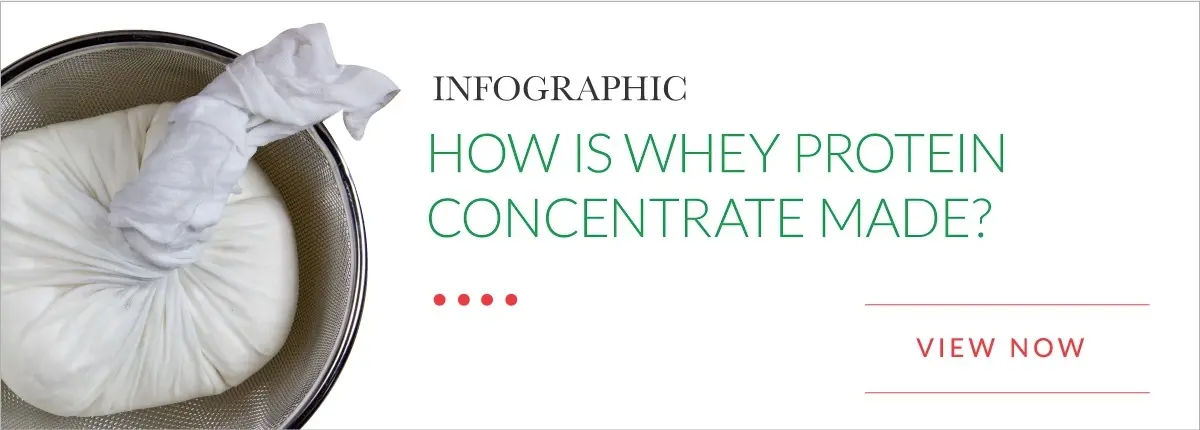 Today’s consumers are demanding to know more about the ingredients in the food and beverages they consume; they want to know what those ingredients are, how they might affect one’s health, the ways in which they’re sourced and produced, and how any animals that might be involved in the process are treated.
Today’s consumers are demanding to know more about the ingredients in the food and beverages they consume; they want to know what those ingredients are, how they might affect one’s health, the ways in which they’re sourced and produced, and how any animals that might be involved in the process are treated.
Just how much do they care? A survey of more than 1,100 consumers found that 40% said they would pay more for food and beverage products that were sourced under ethical and sustainable means; nearly a third said they would pay up to 20% more for these types of products. A quarter of consumers reported that they’ve actively sought sourcing information when they made their most recent purchase.
What It Means for Manufacturers
Transparency is all about pulling back the curtain on all aspects of food and beverage production, starting with ingredients from suppliers. It used to be that consumers’ need to know didn’t extend much further than the number of additives and preservatives in a product, but today they want the whole story, and if you don’t provide it, consumers will see your non-response as an indication that you’re doing something wrong.
Consumers value – and expect – this transparency so much that 37% say they’re willing to switch brands if their current brand doesn’t provide the product information they’re looking for.
That’s why today, manufacturers are rethinking vendor partnerships that could prove troublesome. They’re opting out of relationships with those who can’t – or won’t – be completely transparent about their own sourcing and processing, choosing instead ingredient suppliers that can demonstrate a strict chain of custody and socially responsible practices. In the past, manufacturers took somewhat of a “what you don’t know won’t hurt you” approach when it came to sourcing ingredients, but today vendors must demonstrate the same level of transparency as their manufacturer customers, with processes that show how products move across the supply chain.
Taking the First Step Toward Ingredient Supplier Transparency
Many food and beverage manufacturers, in addition to setting up their own set of transparency practices and standards, are conducting regular supplier reviews and audits to ensure these partners are meeting transparency standards. Grande Custom Ingredients Group has had some of the highest standards in place for years, and a strict and chain of custody that ensures our customers of the integrity of our products. Our process includes collecting fresh, Grade A milk from our dedicated producer dairy farms. A majority of these dairies have received 5-Star Certification from the Milk & Dairy Beef Quality Assurance Program, signifying that they have exceeded the government’s highest rating while ensuring the highest level of animal health and welfare. We publicly report on our sustainability efforts every year.
The demand for healthy ingredients and “full disclosure” about their journey from Point A to the customer’s facility isn’t going to subside any time soon. Proving transparency will soon be absolutely necessary if manufacturers want to stay competitive, and the more disciplined they can be about holding suppliers to strict standards, the simpler the whole process will be. Partnering with an ingredient supplier that can demonstrate a history of ethical, transparent, and sustainable practices can help food and beverage manufacturers deliver what consumers are looking for: labeling that demonstrates responsibility to people, products and animals.
For a firsthand look at how our functional whey protein solutions are produced, view our helpful infographic. Click the button below to download your free copy.





